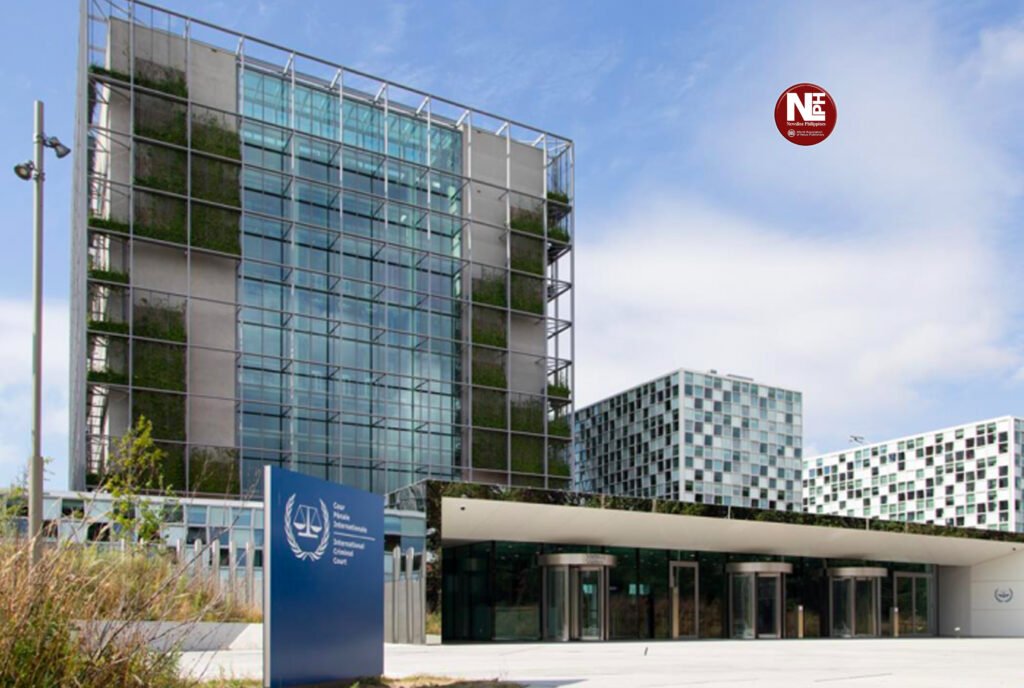
MANILA (November 10) — When Ombudsman Jesus Crispin “Boying” Remulla revealed in a radio interview that the International Criminal Court (ICC) had issued a warrant of arrest against Senator Ronald “Bato” Dela Rosa, the news sent ripples through political and legal circles.
Could the ICC really arrest a sitting senator? And if so, how?
Within hours, the Department of Foreign Affairs and the Philippine Embassy in The Hague said they had not received official notice from the ICC. The Department of Justice also said it was still verifying the report. But as the speculation swirled, lawyers and human rights advocates began explaining how — and under what conditions — such an arrest could take place.
Not Extradition, But Surrender
According to Kristina Conti, assistant to counsel at the ICC and a member of the National Union of People’s Lawyers (NUPL), if Dela Rosa were ever to face arrest, it would not fall under the usual extradition process.
“Extradition is a matter between countries. The ICC is not a country,” Conti said in a Facebook post, clarifying that the ICC’s warrant is international, not foreign.
She explained that extradition is needed only when one country asks another to enforce its laws. The ICC, on the other hand, operates under a treaty-based framework that binds member-states to cooperate in arrests, investigations, and prosecutions for crimes under its jurisdiction.
The ICC Arrest Process
Conti laid out the step-by-step procedure — one that looks familiar to those who follow international law but remains little understood by the public.
- The ICC’s Pre-Trial Chamber issues the warrant of arrest.
- The Registry transmits the warrant and a “request for arrest and surrender” to member-states and partners like Interpol.
- The receiving state — in this case, the Philippines — prepares the local process for locating and arresting the individual.
- The subject is arrested according to local procedure under Rule 113 of the Rules of Court.
- The arrested person is then presented before a local judicial authority, as required by Article 59 of the Rome Statute.
If the court confirms the person’s identity and the process is followed properly, the individual can then be transferred to the ICC detention facility in The Hague.
Jurisdiction Still Applies
Critics of the ICC’s involvement often cite the Philippines’ withdrawal from the Rome Statute in 2019, arguing that the country is no longer obliged to comply. But Conti and other legal experts say that’s not the case.
The ICC has already ruled that its jurisdiction over the war on drugs investigation continues because the alleged crimes occurred while the Philippines was still a member.
“The court’s authority doesn’t vanish just because a state later withdraws,” Conti emphasized.
She also noted that no immunity exists under the ICC statute — not even for heads of state.
“Even a sitting president can be issued a warrant of arrest,” Conti said. “Therefore, Senator Dela Rosa cannot claim immunity.”
The Legal Obligation Remains
Ephraim Cortez, president of the NUPL, echoed the same point, citing Article 127(2) of the Rome Statute. That provision requires countries that withdraw from the ICC to continue cooperating with investigations that began before their withdrawal took effect.
“Under that provision, the Philippines agreed to cooperate in any investigations that were commenced before the withdrawal became effective in March 2019,” Cortez said.
This means that for as long as the alleged crimes occurred before March 2019 — during Dela Rosa’s time as police chief and Duterte’s presidency — the Philippines remains bound by its obligations.
Why Extradition Rules Don’t Apply
Cortez also addressed questions about whether the Supreme Court’s new Rules on Extradition Proceedings, issued earlier this year, could apply to the senator’s case.
The answer, he said, is no.
The rules apply only to extradition requests made by states under valid treaties.
“The ICC cannot qualify as a ‘requesting party,’ since it is not a state,” Cortez explained. “The duty to enforce the warrant of arrest against Bato is not imposed under an extradition treaty, so the extradition rules are inapplicable.”
A Test of Cooperation
The issue now rests on how the Philippine government will respond — should the ICC indeed issue and transmit the warrant.
Under the Rome Statute, cooperation is both a legal duty and a political decision. The Duterte and Marcos administrations have consistently rejected ICC involvement, calling it an affront to national sovereignty.
But if a warrant has been issued, the ICC could rely on Interpol’s global network and on states willing to cooperate to implement it.
The last known ICC arrest through such cooperation happened in March 2025, when former president Rodrigo Duterte was turned over to the tribunal. That handover sparked numerous petitions challenging the ICC’s authority and the government’s cooperation — battles that are still being fought in the country’s courts.
What Happens Next
For now, without an official ICC notification, the government remains in a wait-and-see position.
But the conversation has once again revived questions about accountability for the drug war — and about how far international law can reach when politics stands in the way.
Whether or not Dela Rosa faces arrest, the case is already testing the Philippines’ long-standing commitment to human rights and the rule of law — principles that, for now, remain on trial in the court of public opinion.
